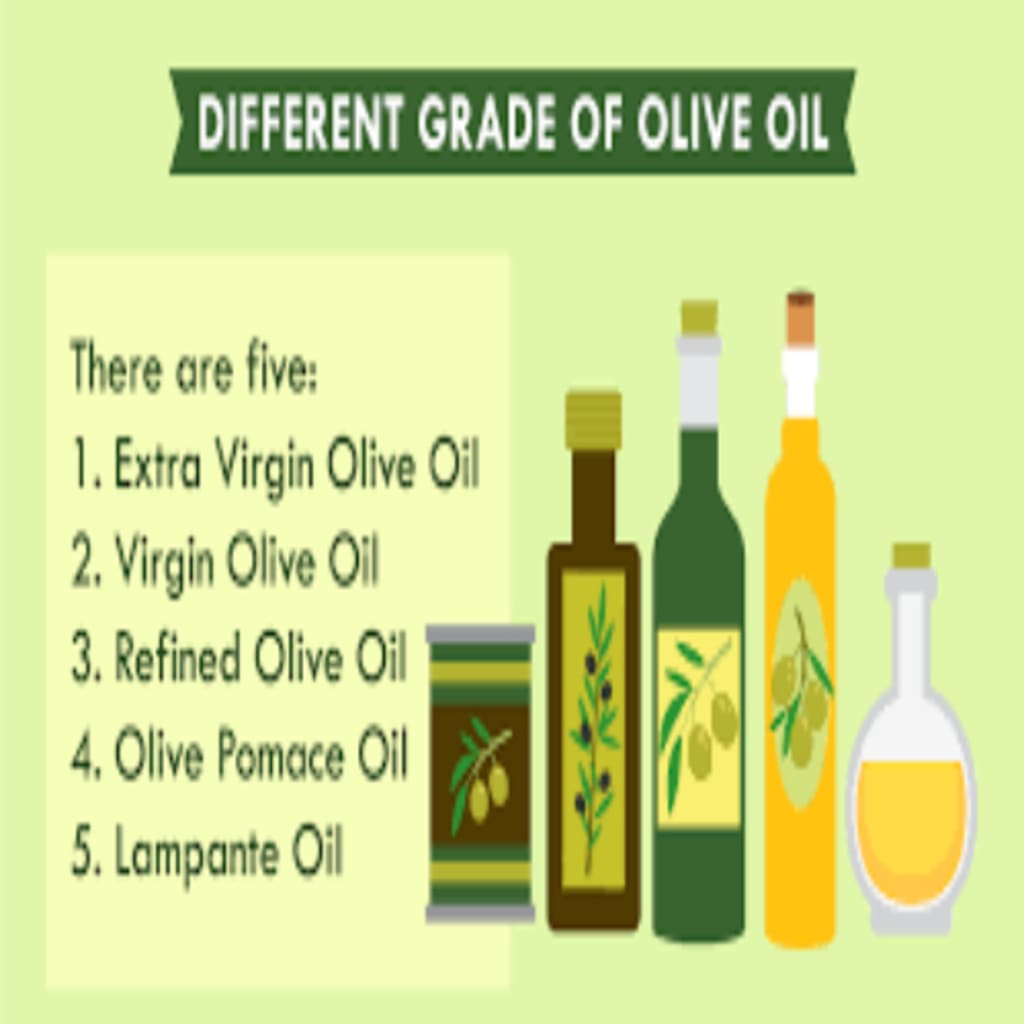
Pharmaceutical director Wang Ning's battle with cervical cancer had an unexpected silver lining—she stumbled upon the magical powers of certain oils that could restore darkened skin caused by the disease. Little did she know that this chance discovery would ignite her passion for oils and propel her into becoming an internationally certified oil expert (CLUBalogue IOEA).
In the captivating program "Health 1+1," Wang spills the beans on the incredible benefits of choosing the right oils for your well-being, along with some handy tips on how to pick the perfect ones.
When Wang hit the big 4-0, she received the dreaded diagnosis of stage three cervical cancer. Despite undergoing intense treatments, her abdominal skin remained stubbornly blackened. Then, one day, she nonchalantly decided to apply some sea buckthorn oil—which coincidentally happened to be sitting on her table—to her abdomen. Lo and behold, after a few weeks of regular application, the blackened skin began to fade, revealing its natural color once more.
You see, chemotherapy takes a toll on the body, damaging not only cancer cells but also the healthy ones. Wang's bright idea struck her like a lightning bolt: "If this oil works wonders externally, what if I ingest it?" Through extensive research on oil products, Wang was astonished to uncover their nutritional and skincare value, their royal and strategic significance in ancient times, and their use as symbols in religious rituals.
By incorporating oil into her skincare routine, Wang discovered that she could minimize the damage her body endured during chemotherapy compared to other cancer patients. The only hiccup she faced was finding a bottle of top-notch oil. Turns out, the issue of "fake oil" isn't a recent phenomenon—it dates back to the Roman Empire! Quality variations in oil have often resulted in wild price fluctuations, making it challenging to get your hands on a truly excellent bottle.
As a certified oil expert, Wang embarked on a global quest to seek out high-quality oils and share her newfound knowledge with the world.
Now, let's talk about a hot topic—dietary oil. You've probably heard the buzz about reducing sugar, salt, and oil intake. But before you pour your heart out and bid farewell to oils, Wang has some enlightening insights for you. Fats, my friend, are one of the three musketeers of nutrients that your body needs. They play a vital role in cell membrane structure, provide nourishment to hormones, contribute to brain development, and even help form the protective myelin sheath of neurons. Plus, as you age, skimping on oil can spell trouble, potentially leading to brain damage and an increased risk of dementia. Wang has observed various signs of aging, such as hair loss, dull skin, and dry eyes, in individuals who consume nothing but boiled food in their quest for weight loss.
So, here's the deal: reducing oil consumption doesn't mean eliminating it altogether. What Wang suggests is reducing saturated fats (the ones that solidify at low temperatures) while increasing unsaturated fats. Too much saturated fat can elevate cholesterol levels, leading to clogged arteries and a higher risk of heart attacks or strokes. But fear not! Wang has two shining stars in the world of cooking oils that she highly recommends—olive oil and camellia oil. These culinary heroes boast high smoke points, making them perfect for high-temperature frying. Plus, they're loaded with unsaturated fatty acids that work wonders for your health.
Get ready to embark on an olive oil adventure like no other! Wang Ning, our fearless oil explorer, is here to guide us through the magical realm of olive oils. So, hold onto your taste buds and let's dive in!
Picture this: olive oil comes in five fabulous grades, each with its own unique powers. First up, we have the superstar, the crème de la crème—extra virgin olive oil. It's like the golden treasure obtained by carefully handpicking olives, crushing them into a heavenly paste, and extracting the oil. This liquid gold is so precious that it undergoes sedimentation and filtration, then finds its cozy home in nitrogen tanks. Talk about VIP treatment!
Now, here's the fun part: extra virgin olive oil has a distinct aroma. The more polyphenols it contains, the more pungent and flavorful it becomes. Wang even spills the tea on the olive harvest seasons. Early-harvested fruits give you a smaller yield but pack a punch in terms of flavor (and price!), while late-harvested fruits offer a milder taste. Choices, choices!
Next on our olive oil expedition, we have the charming Virgin Olive Oil. It's the result of a second pressing of those olives. Picture olives dancing in a heated water bath, then getting pressed again to release their liquid goodness. Oh, the wonders of nature!
But wait, there's more! Say hello to the intriguing 100 percent pure olive oil. This oil hails from the olive pomace and undergoes a refining process using a fancy chemical called hexane. It's like a little makeover for the pomace—dissolving in hexane and evaporating under high-temperature heat. Talk about transformation!
Now, let's shed some light on the "light" and "extra light" olive oils. Don't let their names fool you—it's not about the calories. It's all about their color and flavor! These oils go through a process of ultra-refinement, resulting in a pale and mild experience. They're like the superheroes of high-temperature cooking, with a higher smoke point. So, fire up those pans and let the cooking adventures begin!
Last but not least, we have the charming Olive Pomace Oil. It's like a blend of refined olive-pomace oil and virgin olive oils, ready to grace your dishes without any further fuss. It's like a match made in culinary heaven!
Now, here's a juicy tidbit from Wang: most olive oils on the market are blends of refined olive oil and a touch of virgin olive oil, bringing you the best of both worlds. The virgin oil retains that delightful olive aroma, while the refined oil plays it cool with no odor. It's like a dance of flavors in every drop!
But hold on a second—what about "salad" oil or vegetable oil? Wang's got the scoop! Brace yourselves, because these oils undergo a whole lot of chemical refining. They lose their nutritional value and aroma in the process, leaving you with a bland, soulless liquid. Not exactly the star of the show, right?
Now, let's unlock the secret to choosing the perfect olive oil. Wang spills the beans: forget about the color! Adulterated oils can play tricks on your eyes. Instead, let your senses lead the way. Oil tasters use those fancy blue cups and rely on their sense of smell and taste buds to evaluate the oil. It's all about the aroma and flavor, my friends!
According to Wang, high-quality olive oil should smell like fresh olives and taste like a delightful fruit juice. No heavy, sticky sensations here! So, when you come across a good extra virgin olive oil, embrace its versatility. Don't just drizzle!





Comments
There are no comments for this story
Be the first to respond and start the conversation.